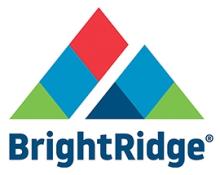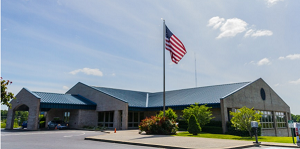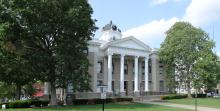New Video Diaries Highlight Chattanooga’s Long-Term Solution to the Broadband Affordability Gap
There is a long-term solution to the broadband affordability gap that can be found in America’s first gig city. Thanks to Chattanooga’s wildly successful municipal broadband network, EPB Fiber, and its partnership with The Enterprise Center and Hamilton County Schools, over 15,000 low-income students in 8,500 households in Hamilton County are already getting a decade of free high-speed Internet service at no cost through a program known as HCS EdConnect.
It was borne out of the community’s response to the pandemic as local leaders looked to leverage an existing community asset to allow students to participate in distance learning, enable educators to expand educational opportunities outside the classroom, and support parents in pursuing their own professional and personal goals.
It’s an example of the one of the many benefits of having a locally-controlled, publicly-owned broadband network in which the infrastructure is seen as a public good like roads or a water system. It’s an approach that sees broadband infrastructure as something that should be accessible to everyone in the community and not used as a tool to simply benefit those who can afford it.

We wanted to visually document the power that HCS EdConnect has had in transforming the lives of program participants by weaving together a compilation of video diaries that will give you a glimpse of how a visionary municipal network made this Tennessee county more resilient in the face of the pandemic and ensured no one in their community was left on the wrong side of the digital divide.












